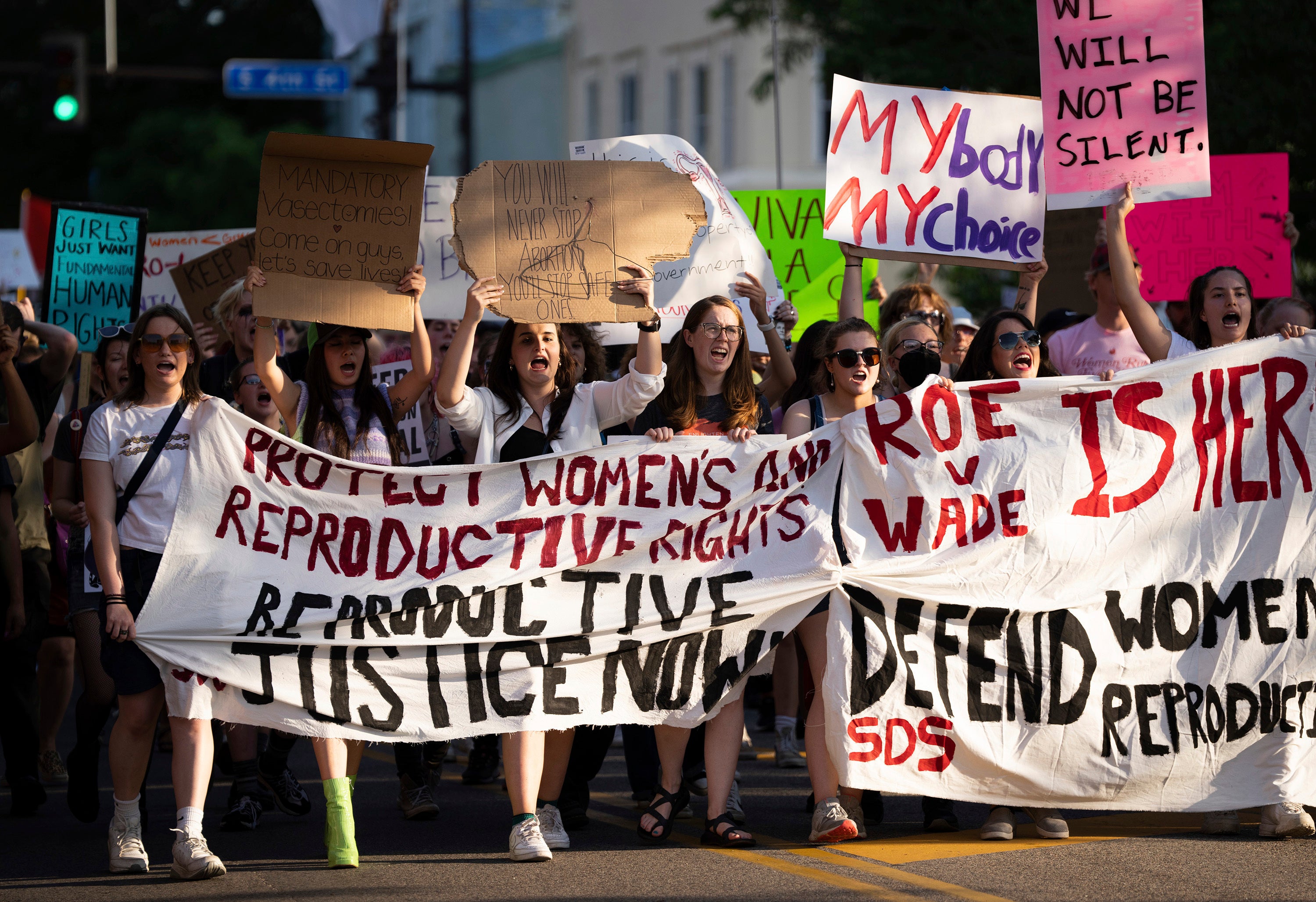Minnesota court rules pharmacist discriminated against woman in denying emergency contraception
The Minnesota Court of Appeals has ruled that a pharmacist engaged in sex-based discrimination when he refused to provide emergency contraception to a woman in 2019

Your support helps us to tell the story
From reproductive rights to climate change to Big Tech, The Independent is on the ground when the story is developing. Whether it's investigating the financials of Elon Musk's pro-Trump PAC or producing our latest documentary, 'The A Word', which shines a light on the American women fighting for reproductive rights, we know how important it is to parse out the facts from the messaging.
At such a critical moment in US history, we need reporters on the ground. Your donation allows us to keep sending journalists to speak to both sides of the story.
The Independent is trusted by Americans across the entire political spectrum. And unlike many other quality news outlets, we choose not to lock Americans out of our reporting and analysis with paywalls. We believe quality journalism should be available to everyone, paid for by those who can afford it.
Your support makes all the difference.The Minnesota Court of Appeals has ruled that a pharmacist who refused to provide emergency contraceptives to a customer because of his personal beliefs engaged in discrimination.
The three-judge panel ruled Monday that pharmacist George Badeaux engaged in business discrimination in 2019 when he wouldn't fill a prescription for an emergency contraception that is used to stop a pregnancy before it starts. The customer seeking the prescription said she then traveled about 100 miles (160 kilometers) round trip from the pharmacy in McGregor to another pharmacy in Brainerd, where she filled the prescription.
The customer, Andrea Anderson, later filed a lawsuit claiming discrimination under Minnesota's Human Rights Act.
“Badeaux’s refusal to dispense emergency contraception because it may interfere with a pregnancy is sex discrimination,” Judge Jeanne Cochran wrote in the ruling.
The appeals court decision means the case will either be appealed to the Minnesota Supreme Court or returned to district court, where a jury in 2022 found the pharmacist had not discriminated but that Anderson was owed $25,000 because of emotional harm. However, Anderson couldn’t collect that money because there was no finding of discrimination.
Jess Braverman — an attorney for Anderson and the legal director of Gender Justice, an advocacy organization for gender equity — said this may be the first ruling in the country to find that a refusal to dispense emergency contraception is a form of sex discrimination. Alison Tanner, senior litigation counsel for reproductive rights and health at the National Women’s Law Center, agreed.
Braverman said the ruling made clear to Minnesota businesses "that you can’t just turn away patients in need of reproductive health care.”
Rory Gray, senior counsel at Alliance Defending Freedom, a Christian advocacy group, represented Badeaux and criticized the decision.
“As a devout Christian, George believes every human life has value. As such, George cannot provide or facilitate the use of any potential abortion-causing drugs," Gray said in a statement. "The court failed to uphold George’s constitutionally protected freedom to act consistent with his beliefs while at work.”
Anderson tried unsuccessfully to buy the emergency contraception, called Ella, at the drug store. The store previously was owned by Aitkin Pharmacy Services, and an attorney for the business did not immediately respond to requests for comment by phone and email.
Gender Justice appealed the jury’s ruling last year, arguing that Badeaux discriminated against Anderson on the basis of her sex when he refused to fill her prescription for a drug that is only prescribed to women.
In 2015, Badeaux refused to dispense Plan B, a different type of emergency contraception, to a woman, resulting in a complaint to the pharmacy's owner, the judges wrote. The owner and Badeaux then developed a plan for dispensing emergency contraception, which involved getting another pharmacist to come in to fill the prescription the same day or the next day, or transferring the prescription elsewhere.
Tanner, at the National Women’s Law Center, said the Monday ruling “is important because there should be no reason that folks who are in need of emergency contraception are delayed access to that care. It is a time-sensitive medication.”
Since the U.S. Supreme Court ended constitutional protections for abortion in 2022, some states have expanded access to emergency contraceptives and birth control while other states have restricted access and enacted abortion bans.
Dozens of universities across the country now carry emergency contraceptives in vending machines, according to the American Society for Emergency Contraception. Some, such as the University of Tulsa in Oklahoma, are in states where abortion is largely banned.
Although Minnesota has protected abortion access, neighboring states have banned or severely restricted the procedure.
___
Trisha Ahmed is a corps member for the Associated Press/Report for America Statehouse News Initiative. Report for America is a nonprofit national service program that places journalists in local newsrooms to report on under-covered issues. Follow her on X, formerly Twitter: @TrishaAhmed15